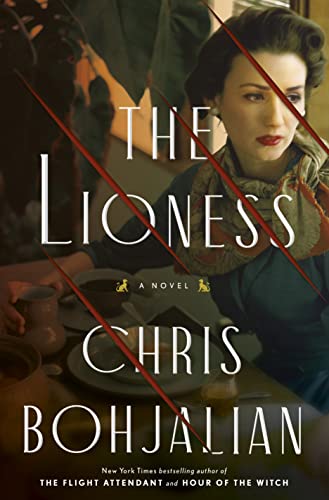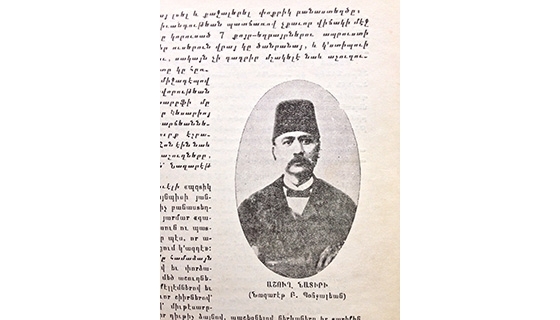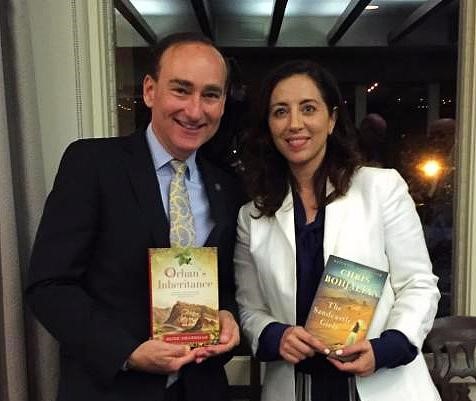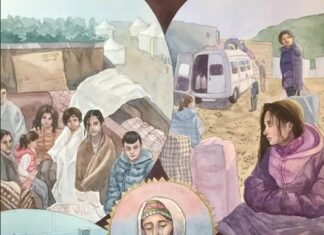DETROIT — If a reader finds it difficult to put a label on or pigeonhole novelist Chris Bohjalian, well, that’s intentional. As he said in a recent interview, “My goal is never to write the same book twice.”
His latest novel, The Lioness, about a group of Hollywood stars on vacation in Africa in the 1960s, was published in May by Penguin Random House.
The author, born in White Plains, NY, began writing novels while working for an ad agency in the 1980s. It was not an easy road. “I amassed 250 rejection slips before I sold a single word,” he says, “and wrote the single worst, first novel ever published, bar none.” That was in 1988. Ten years later, his 1997 novel Midwives was selected for Oprah’s Book Club. Bohjalian’s star has been meteoric ever since.
From accused witches in colonial New England (“Hour of the Witch,” 2021) to modern-day  midwives (Midwives, 1997) and flight attendants (The Flight Attendant, 2018), to victims of the Armenian Genocide (Sandcastle Girls, 2012), a missing mother (The Sleepwalker, 2017) and most recently, Golden Age Hollywood stars on safari in East Africa, Bohjalian’s ability to spin a tale about almost anything has made him an incredible success. His books regularly make the New York Times bestseller list.
midwives (Midwives, 1997) and flight attendants (The Flight Attendant, 2018), to victims of the Armenian Genocide (Sandcastle Girls, 2012), a missing mother (The Sleepwalker, 2017) and most recently, Golden Age Hollywood stars on safari in East Africa, Bohjalian’s ability to spin a tale about almost anything has made him an incredible success. His books regularly make the New York Times bestseller list.
As broadly appealing and as “American” as Bohjalian’s works are, the genius that underlies this ability is in a way, very Armenian. Christopher Morley, a well-known American literary critic of the 1930s and ’40s, commented of William Saroyan during the height of his fame that he “has the Asia-Minor gift for telling a tale perfectly.” Bohjalian has the gift too, clearly. When asked about this comparison, he states: “I come from a long line of storytellers. There is no tale, no matter how pedestrian, my family could not embellish and make interesting. Good Lord, he could make my Little League baseball games sound epic. Likewise, my brother is one of the funniest humans on the planet and has the two things that make for a great raconteur: an astonishing memory and knowing exactly when to drop the mic. That is the gift of storytelling.”













